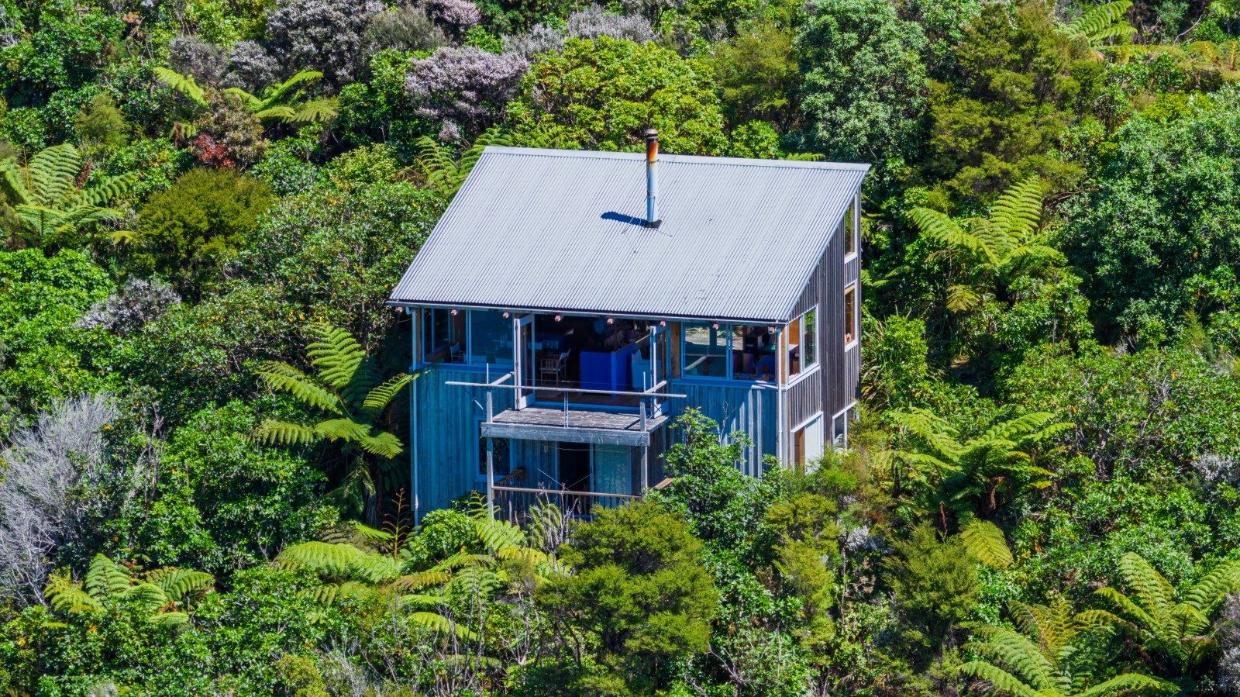Buying guide
Getting financial support for buying your first home in New Zealand
It pays to do your research.
.png)
What you’ll learn:
Financial help for buying your first home
1. Using your KiwiSaver
Your KiwiSaver can be a big help when buying a home.
2. First Home Loan
You and your partner might be eligible for the same financial help, meaning you can build a bigger deposit together.
3 Kāinga Whenua Loans
4. Help from family
Author
Discover More

Property value NZ: Check your house value online
Get a better understanding of property value across New Zealand

‘It’s time for life and laughter to fill the bach again’: Architect’s retreat and boatshed listed 30 years on
This two-level bach at Maraetai Bay in Queen Charlotte Sound was designed by the late architect Jonty Rout.
Search
Other articles you might like






